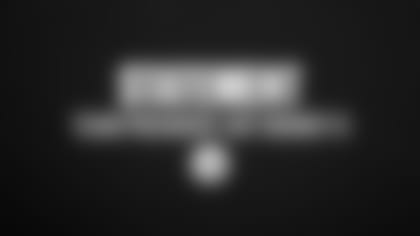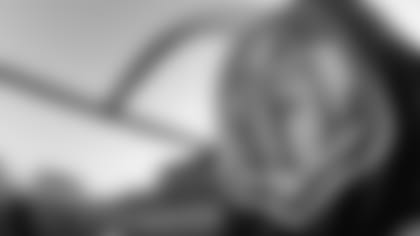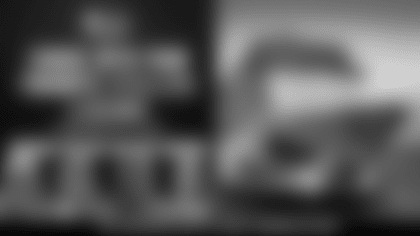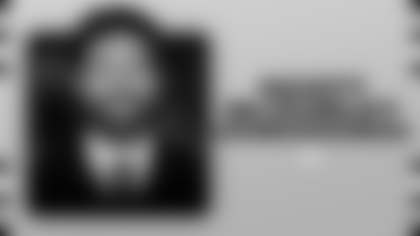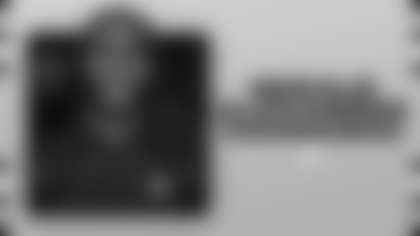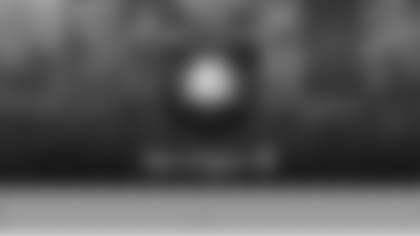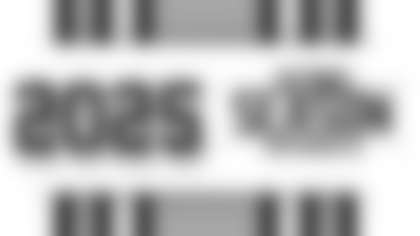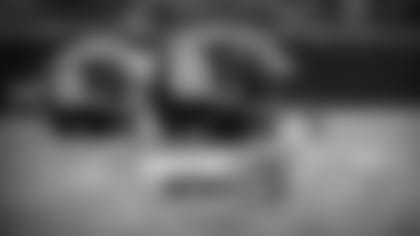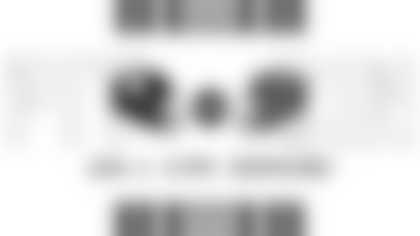Pittsburgh, PA – The Chuck Noll Foundation for Brain Injury Research has awarded 5 grants to Pittsburgh research teams at the University of Pittsburgh, Carnegie Mellon University and University of Pittsburgh Medical Center. The Foundations' Board of Directors approved grants totaling over $600,000 with a first-year distribution of $278,000.
"We are so proud to award grants to these outstanding research teams and institutions," said Arthur J. Rooney II, President of the Pittsburgh Steelers and Chairman of the Foundation Board. "Chuck Noll was a great coach who was ahead of his time in recognizing the need for a better understanding of sports related brain injuries. He would be very pleased with these grants, especially being awarded to Pittsburgh based researchers," added Rooney.
The following is a list of the grants along with the names of the research team members and a description of the research:
Randomized Controlled Trial of a Precision Vestibular Treatment in Adolescents
Principal Investigator(s): Dr. Michael Collins and Dr. Anthony Kontos Institution(s): UPMC
This is a one-year randomized controlled study of a specific treatment approach for adolescent patients following a sport-related concussion (SRC). The purpose is to determine the effectiveness of this treatment compared to standard of care (i.e., behavioral management interventions) for reducing recovery time, symptoms, and cognitive impairment in adolescent patients with specific symptoms.
Decosahexaenoid Acid and Presynaptic Mechanisms in Mild Traumatic Brain Injury
Principal Investigator(s): Dr. C. Edward Dixon and Dr. Shaun Carlson Institution(s): University of Pittsburgh
A three-year study to use one of the brain's fatty acids to improve the functioning of neurons in the brain that have been damaged by multiple mild traumatic brain injuries. This study will determine the effects of Docosahexaenoid Acid (DHA) treatment on specific aspects of the neurotransmission deficits that occur after experimental repetitive mild traumatic brain injury (RMTBI) in rats.
Use of Brain Diffusion MRI Connectometry to Quantitate Connectome Changes
Principal Investigator(s): Dr. Juan Fernandez-Miranda and Dr. Fang-Cheng (Frank) Yeh
Institution(s): UPMC
This is a one-year study to assess changes in the brains of retired contact sport athletes with post traumatic disorders. The study will objectively track any changes in these athletes' brain function and structure as a result of a treatment program based on the research that nerve fibers and their network continually change throughout life.
Automated Detection and Suppression of Brain Tsunamis
Principal Investigator(s): Dr. Pulkit Grover, Dr. Marlene Behrmann, Dr. Michael Tarr, Dr. Shawn Kelly, Dr. Jonathan Elmer, and Dr. Lori Shutter
Institution(s): Carnegie Mellon University and University of Pittsburgh
This is a three-year study to develop a novel system for concussion monitoring and treatment. The proposed work brings together scientific leaders in engineering, neuroscience, and clinicians in brain injury research at CMU and University of Pittsburgh to develop automated noninvasive monitoring and treatment of concussions.
Biomarker Panel for Inflammation and Tau in Concussed Athletes
Principal Investigator(s): Dr. Ava Puccio and Dr. Jessica Gill Institution(s): University of Pittsburgh and National Institutes of Health
This is a three-year study to assess biomarkers following a concussion for potential monitoring for return to play, school or work. This study aims to generate pilot data to identify and provide a temporal timeline of biological pathways implicated in concussion, (i.e. tau and inflammatory pathways) using novel sweat patch analyses and correlation to objective concussion symptomology.
To learn more about the grant awardees and their research click here.
"I've been working in this field for over two decades and have lead, participated and reviewed many research proposals. The proposals the Foundation has selected are at the forefront of traumatic brain injury research and are highly deserving of these grants," said Dr. Julian Bailes, Chairman of the Department of Neurosurgery and Co-Director of the NorthShore Neurological Institute in Evanston, IL, and a member of the Chuck Noll Foundation's Medical Advisory Board.
Other members of the medical advisory board echoed the same sentiments. "If we could have funded all the research proposals we received, we would have," said Dr. Joseph Maroon, Professor and Vice Chairman, Heindl Scholar in Neuroscience Department of Neurological Surgery University of Pittsburgh Medical Center. "They were all outstanding and speak both to the interest in traumatic brain injury research and the quality of work being conducted here in Pittsburgh," concluded Maroon.
"What is really impressive with this first round of grants," said Dr. Regis Haid, founding partner of Atlanta Brain and Spine Care and Medical Director of the Piedmont Spine Center and Neuroscience Service Line, Piedmont Hospital, Atlanta, Georgia, "is that we were able to fund research in basic science, diagnosis, and treatment. This speaks volumes about the Foundation's mission and the extent of the research being conducted."
About Chuck Noll Foundation For Brain Injury Research
The Chuck Noll Foundation For Brain Injury Research was established in December 2016 through an initial grant from the Pittsburgh Steelers. Chuck Noll, for whom the Foundation is named, enjoyed a 23-year coaching career with the Steelers that culminated with his induction into the Pro Football Hall of Fame in 1993. Noll's commitment to the well-being of his players ultimately led to the development of the ImPACT test (Immediate Post-Concussion Assessment and Cognitive Testing) used by NFL team doctors since 2007, and now internationally used to help monitor concussions for athletes at all levels. More information on the Chuck Noll Foundation For Brain Injury Research can be found at: www.chucknollfoundation.org.


